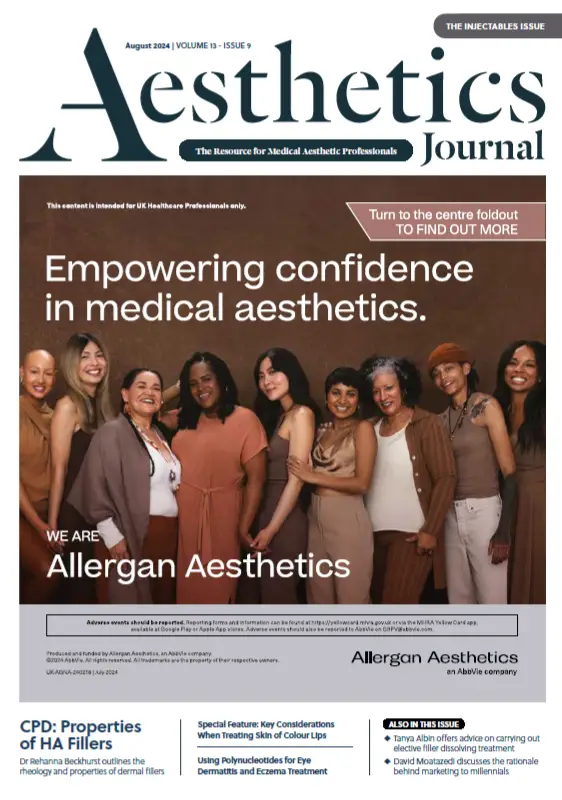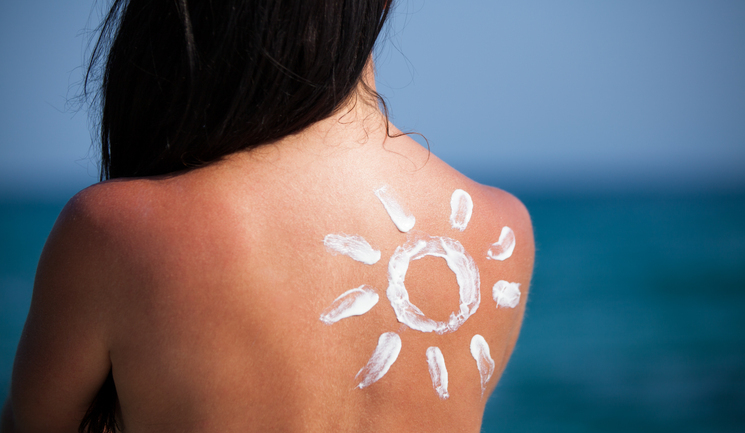With warm weather expected for Sun Awareness Week taking place between May 4-10, the British Association of Dermatologists (BAD) has released its advice on sun protection during the COVID-19 lockdown.
The BAD states that while lockdown may mean that some are getting less sun than usual, many people are spending more time on balconies, in gardens, outside queuing for shops, or exercising.
Since lockdown started, the UV index has repeatedly reached levels at which sun protection is advised for lighter skin types, according to the BAD, which highlights the importance of knowing one’s skin type using the Fitzpatrick scale.
The BAD’s sun protection tips for skin types at risk of sunburn and UV skin damage are as follows:
- Shade and protective clothing should be the first line of defence against the sun
- Protective clothing includes a broad-brimmed hat and sunglasses (make sure sunglasses provide 100% UV protection) and, where possible, longer sleeves and trousers
- Apply a generous layer of sunscreen 20 minutes before going outside, and again when you go out. This is to ensure a sufficient amount is applied, and the second layer also helps cover any patches that one may have missed with the first application
- Use a minimum of SPF 30, with good UVA protection (look for 4 UVA stars or the UVA circle logo)
- Reapply sunscreen regularly, at least every two hours
- If exercising, or working up a sweat in the garden, then reapply more regularly, as sunscreen is easy to sweat off or wipe away in these circumstances
- If not wearing a broad-brimmed hat, don’t forget sunscreen on areas like the ears, back of the neck, and scalp if hair is thinning, as these are often missed but are common sites for skin cancer
Vitamin D deficiency was also highlighted as a concern by the BAD during COVID-19. They advise those isolating, particularly without access to a garden or balcony, to follow Public Health England’s recommendations of taking 10 micrograms of vitamin D a day to keep bones and muscles healthy.
Dr Bav Shergill, chair of the BAD’s Skin Cancer Prevention Committee, said he hopes the BAD’s advice will help people make the most of nice weather whilst staying safe from sun damage, and an increased risk of skin cancer. The BAD also recommends that practitioners share their tips with their patients to optimise their skin health.
Dr Shergill stated, “Skin cancer is now the most common type of cancer in the UK, and the number of cases we see every year continues to rise. As well as reducing your risk of developing skin cancer, UV protection also has cosmetic benefits, as excessive sun exposure is the main external cause of skin ageing. It is important that there isn’t a one-size-fits-all approach to sun protection advice as people with more deeply pigmented skin are at a much lower risk of developing skin cancer.”









